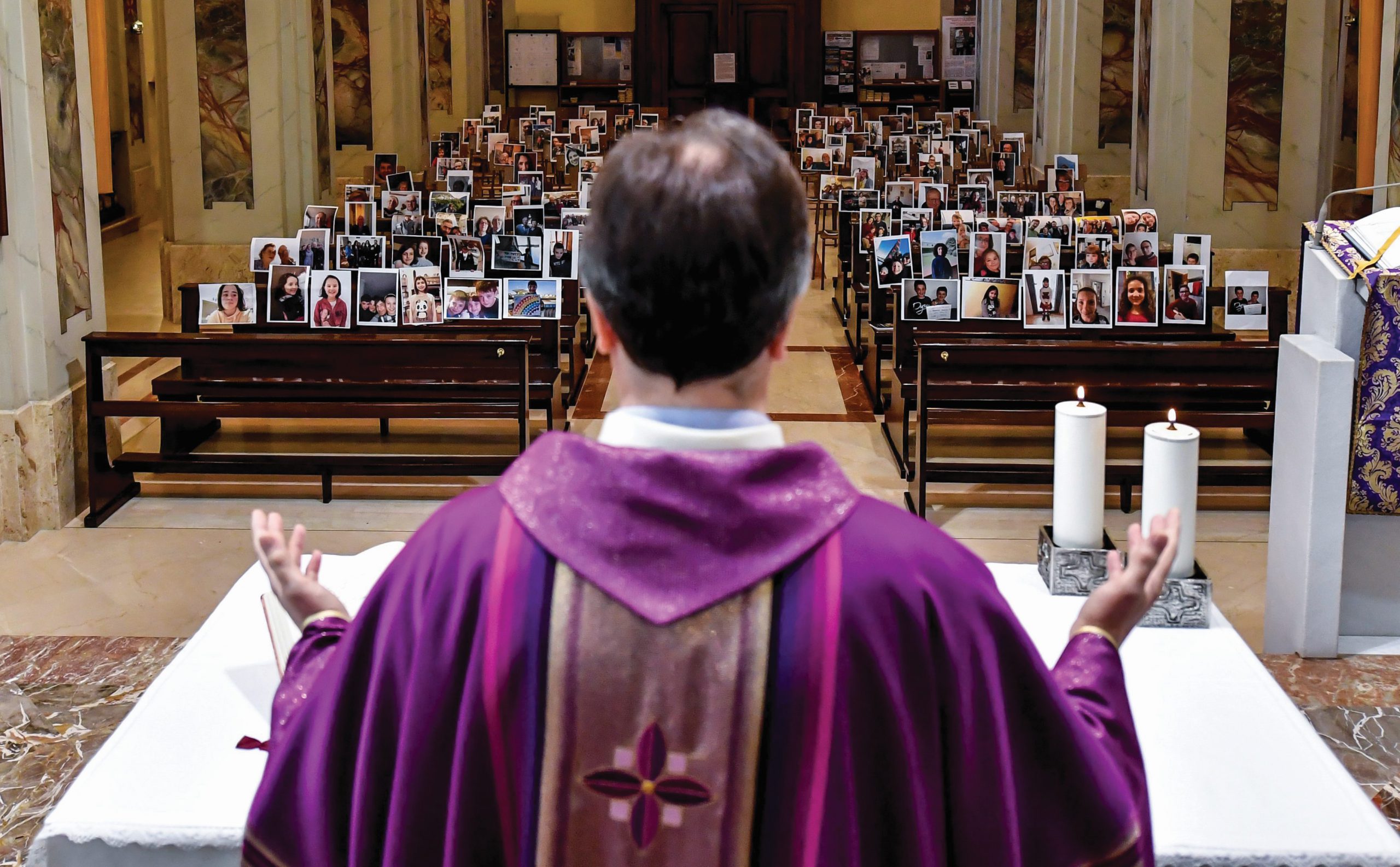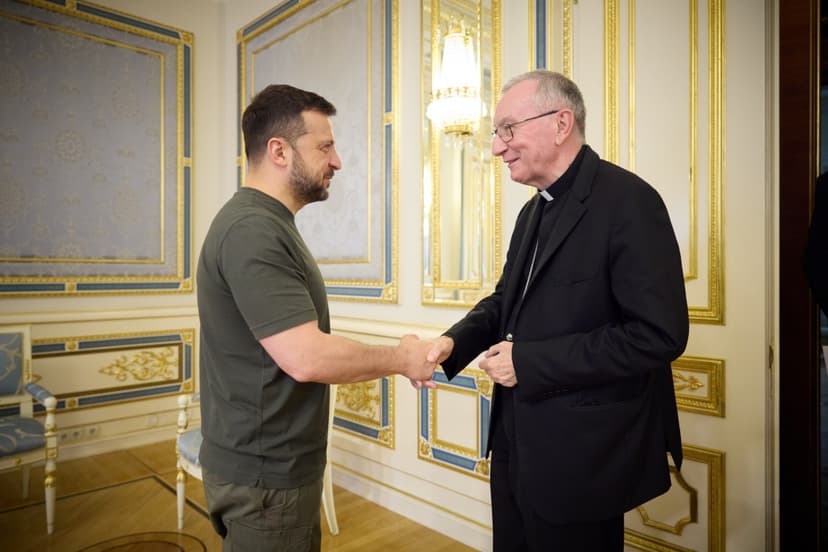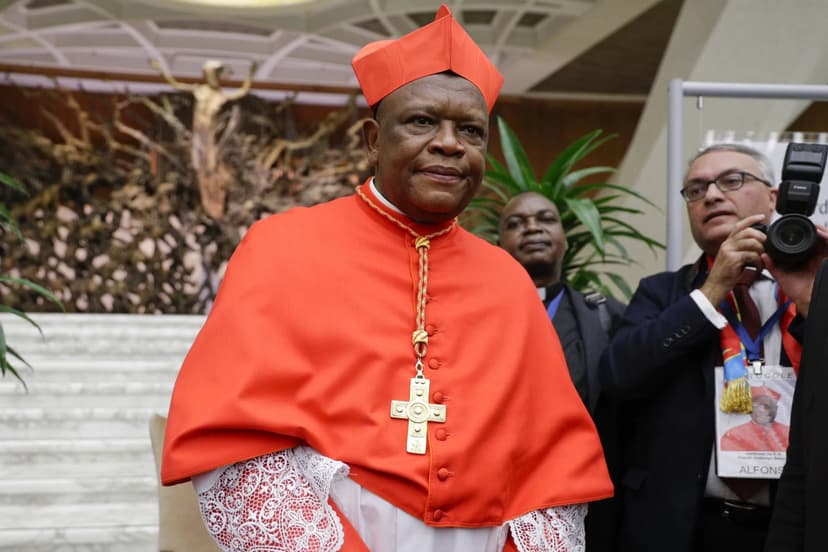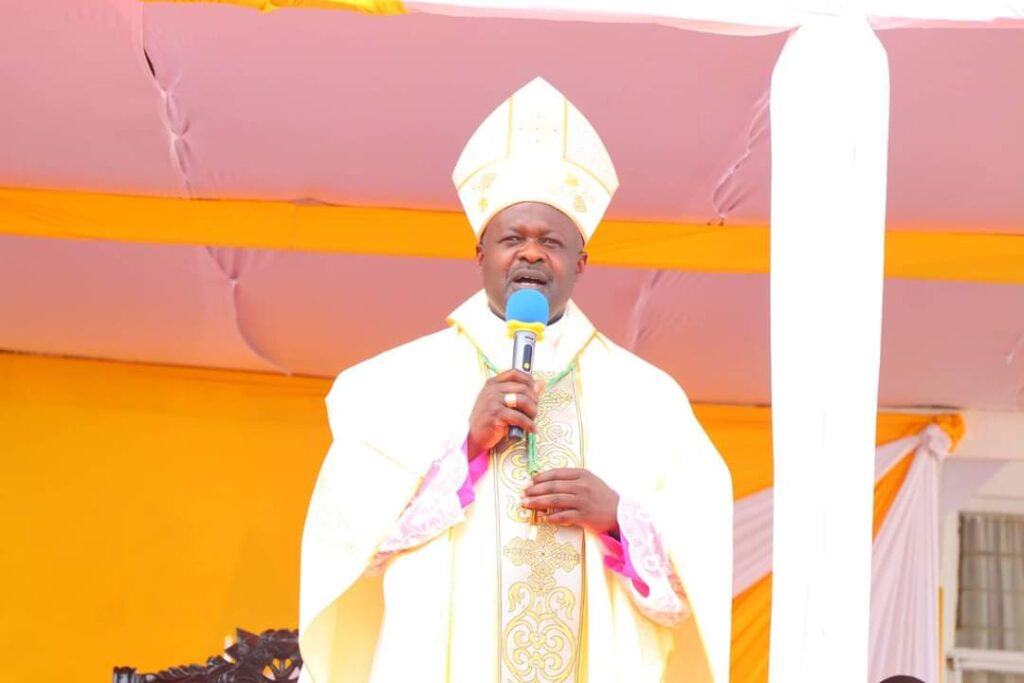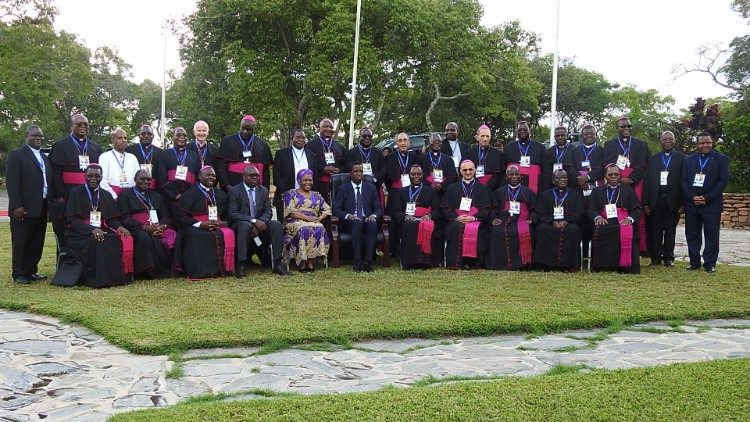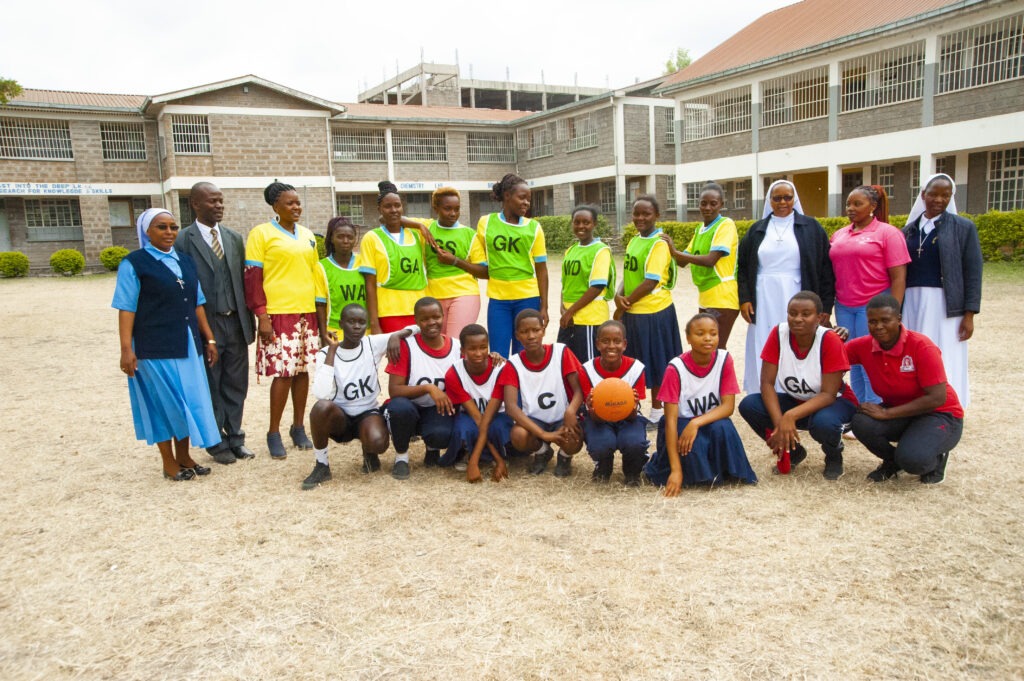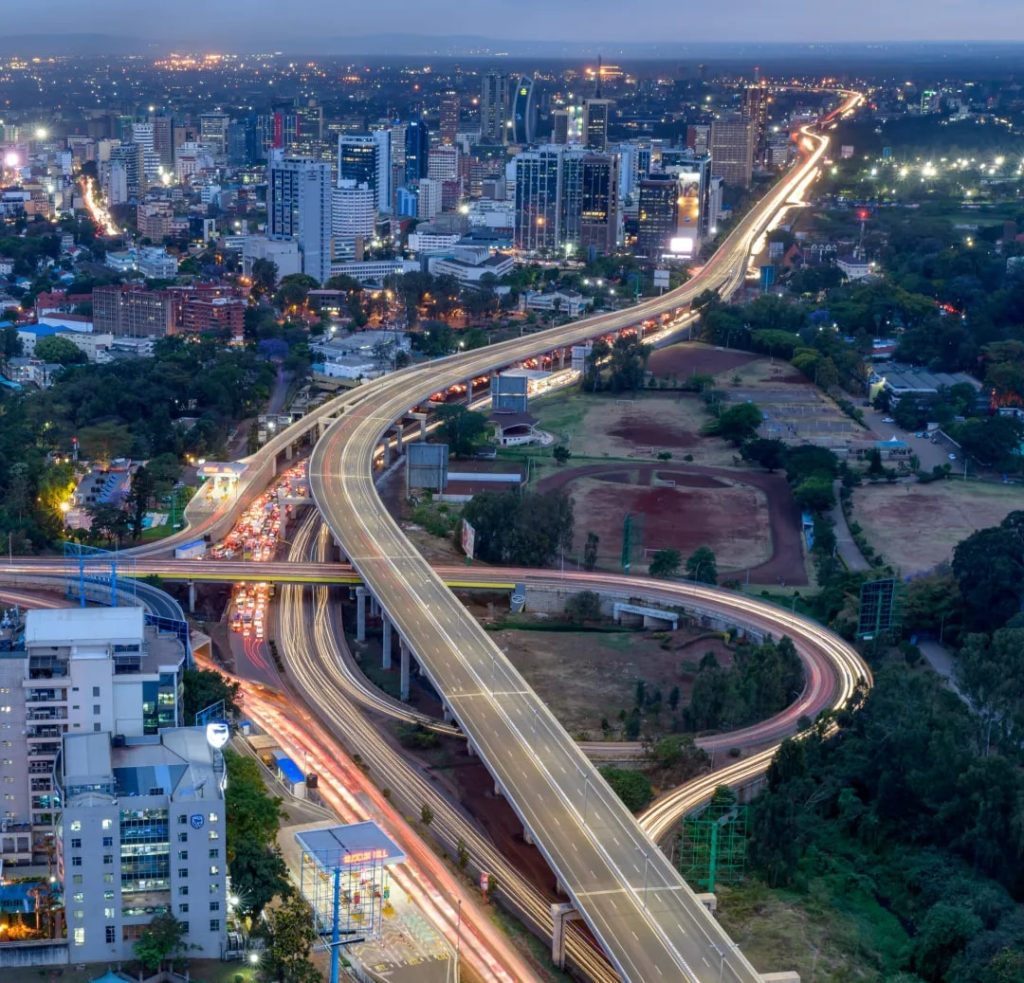“The Holy Spirit provokes disorder through the charisms, but then, out of that disorder, creates harmony” (Pope Francis).
By Stefano Giudici, Mccj
Easter season, time of New Life. Pandemic season, time of Covid-19. Any and every season, time of the Spirit. I know: the pandemic has caused enormous losses of lives, collapsing of economies, and disruptions in the normal rhythm of our relationships. Suddenly, we found ourselves, more or less, “behind closed doors”, for fear of the contagion. Among many other limitations, we had to accept the closing of churches, mosques, and synagogues. Even, with an unprecedented decision in the history of the Church, during the celebration of the Paschal Triduum.
 Every Christian has ‘complained’ – which is a way to express feelings of disruption, loss, pain. How can we stay without going to church? How long can we remain without Sunday mass?
Every Christian has ‘complained’ – which is a way to express feelings of disruption, loss, pain. How can we stay without going to church? How long can we remain without Sunday mass?
As it usually happens, when something we are used to is abruptly taken away, we may become more aware of its value. And of how empty our lives can be without it. Let these feelings help us to be more in solidarity with those who regularly do not have access to churches and sacraments.
It is complicated to write about the situation created in the world by the virus. It is very risky to adventure in interpretations, drawing lessons from something so deadly. However, the first Christians had to make sense out of the tragedy of Jesus’ execution and their own betrayal. So must we. We must read this fragment of history, which is given to us to live in, and discern the footsteps of the Spirit.
Is not this the effort of Christians, and of any missionary in particular, that is, dwelling in realities that collide with the message of life and hope of the Risen One? So, what is the new perspective coming from this situation?
If we lived by the Spirit, we would know her strategies. We would know that the Spirit often comes more as a strong, disrupting wind than a gentle breeze. We do not know where she comes from and where she goes, but we recognise her presence. By what? By the fact that things are not as they used to be. By the initial disruption and loss of well-known reference points. By the urgent need to seek new paths, unexplored, invisible on our worn maps.
“The Spirit provokes disorder – Pope Francis said recently in an interview to Austen Ivereigh – and only in a second moment creates harmony”.
The present crisis has highlighted how much clergy-centred our Churches are, and how challenging it is to bring transforming creativity into our millenary liturgical traditions. At the same time, the emergency has opened up the imagination for new ways of celebrating and evangelising. It has suggested a new sense of being ‘a community of celebrating people’, more than masses anonymously following a priest. A new awareness that our being Church is much broader and deeper than the weekly physical gathering in one place, however important this is.
Might it be that the pandemic will help us to (re)discover the beauty and power of a genuinely ministerial Church?

